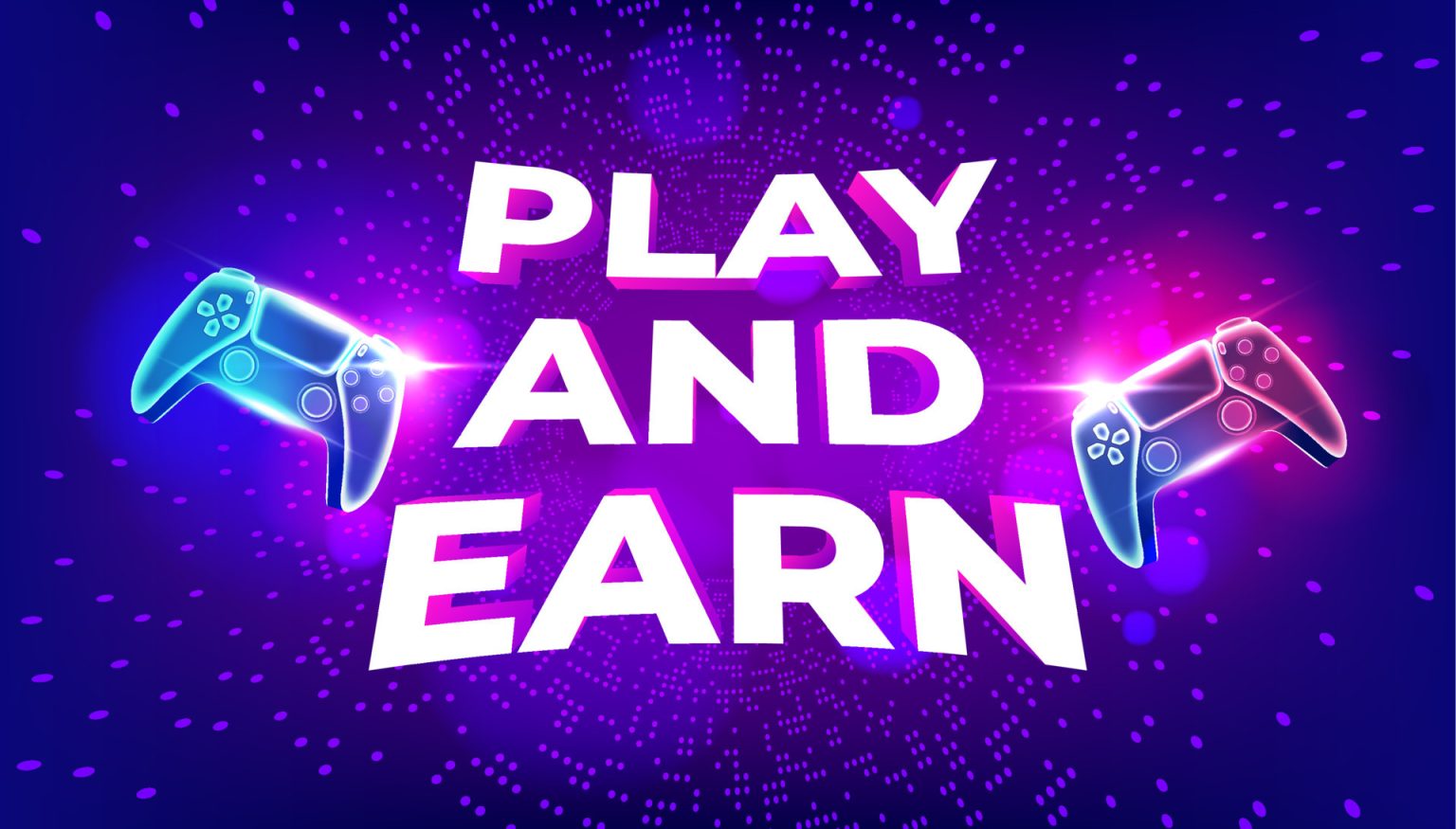The digital gaming landscape is undergoing a revolutionary transformation, where players are no longer just consumers but active participants in a dynamic economic ecosystem. According to EbizMba, the gaming industry has been steadily evolving, and the emergence of Play-to-Earn (P2E) games represents a groundbreaking shift in how we perceive digital entertainment and economic opportunity. Powered by blockchain technology and cryptocurrencies, these innovative games are redefining the relationship between players, game developers, and virtual economies.
What Are Play-to-Earn Games?
Play-to-Earn games represent a radical departure from traditional gaming models. Unlike conventional games where players invest time and money with no tangible financial returns, P2E games enable participants to earn real-world value through their gameplay. These games leverage blockchain technology to create transparent, decentralized ecosystems where in-game achievements and assets translate directly into economic opportunities.
In these games, players can earn cryptocurrencies or non-fungible tokens (NFTs) by completing tasks, battling opponents, or developing in-game assets. Titles like Axie Infinity, The Sandbox, and Decentraland have pioneered this model, demonstrating how gaming can become a legitimate income source for millions worldwide.
The Role of Cryptocurrencies in P2E Games
Cryptocurrencies serve as the lifeblood of Play-to-Earn ecosystems. They function not just as rewards but as a sophisticated economic infrastructure that enables true ownership and transferability of digital assets. Blockchain technology ensures that every transaction is secure, transparent, and verifiable, creating a trust-based environment where players can confidently trade their earned assets.
Tokens in P2E games represent more than just in-game currency. They are programmable assets with intrinsic value that can be traded on global cryptocurrency exchanges. Non-fungible tokens (NFTs) take this concept further by representing unique digital items—whether characters, land parcels, or special equipment—that players can truly own, sell, or trade across different platforms.
Benefits of Play-to-Earn Gaming
The advantages of P2E gaming extend far beyond traditional entertainment paradigms. For many players, particularly in regions with limited economic opportunities, these games represent a genuine pathway to financial empowerment. By converting gaming skills and time investment into tangible economic value, P2E games democratize income generation.
Digital asset ownership is perhaps the most transformative aspect of this model. Unlike traditional games where in-game purchases are ephemeral, blockchain ensures that players have verifiable ownership of their digital assets. This means a rare character or a piece of virtual land can be a genuine investment, appreciating in value based on market dynamics.
The global accessibility of P2E games is equally significant. With minimal entry barriers—often just a smartphone and internet connection—players from diverse economic backgrounds can participate in these digital economies. This inclusivity has the potential to create new economic opportunities in regions traditionally underserved by the global financial system.
Popular Play-to-Earn Games
Axie Infinity stands as a pioneering example of the P2E model. In this game, players breed, raise, and battle creature-like “Axies,” each represented as an NFT with unique characteristics. Players can earn cryptocurrency by winning battles, completing quests, and trading their Axies on open markets.
The Sandbox offers a different approach, providing a metaverse where players can create, own, and monetize their gaming experiences. Users can design game assets, develop virtual real estate, and participate in an ecosystem that rewards creativity and engagement. This platform exemplifies how P2E games can transform players from consumers into creators.
Gods Unchained represents the potential of P2E in competitive card games. By tokenizing each card as an NFT, the game ensures that players truly own their digital collections, which can be traded or sold independently of the game’s ecosystem.
Challenges Facing P2E Games
Despite their promise, Play-to-Earn games face significant challenges. Economic sustainability remains a critical concern. Many early P2E models suffered from inflationary mechanics where the continuous introduction of new tokens destabilized in-game economies.
Regulatory landscapes present another complex challenge. Different countries have varying approaches to cryptocurrency and digital asset taxation, creating uncertainty for players and developers. Security risks, including potential hacking of blockchain networks and individual wallets, also remain a persistent concern.
Scalability issues with current blockchain technologies can limit the smooth operation of these games. Transaction speeds and network congestion can create friction in otherwise seamless gaming experiences.
The Future of Play-to-Earn Gaming
The future of P2E gaming looks promising and incredibly dynamic. Emerging technologies like artificial intelligence could create more sophisticated, adaptive game economies. The integration of machine learning might enable more nuanced reward mechanisms and personalized gaming experiences.
Traditional gaming companies are increasingly exploring blockchain integration. Major publishers recognize the potential of tokenized assets and player-driven economies. We might witness a gradual convergence where conventional gaming gradually adopts P2E elements.
Cross-game economies represent another exciting frontier. Imagine digital assets that can be used or traded across multiple gaming platforms, creating a truly interconnected digital ecosystem.
Conclusion
Play-to-Earn games represent more than a technological trend—they symbolize a fundamental reimagining of digital interaction and economic participation. By leveraging cryptocurrencies and blockchain technology, these games are transforming gaming from a leisure activity into a potential economic opportunity.
As blockchain technology matures and more players globally gain access to these platforms, we can expect P2E games to play an increasingly significant role in how we understand work, play, and value creation in the digital age.



